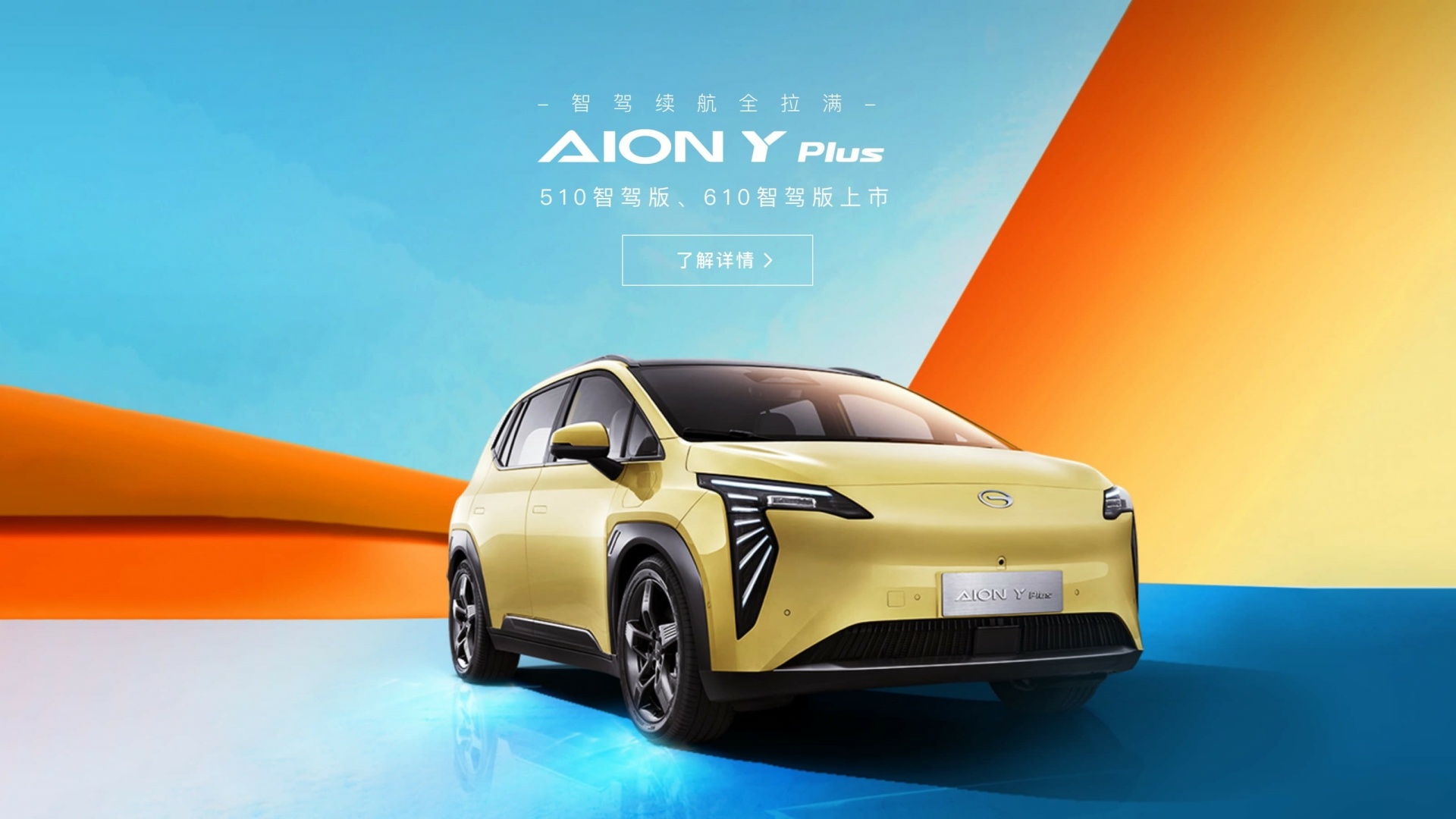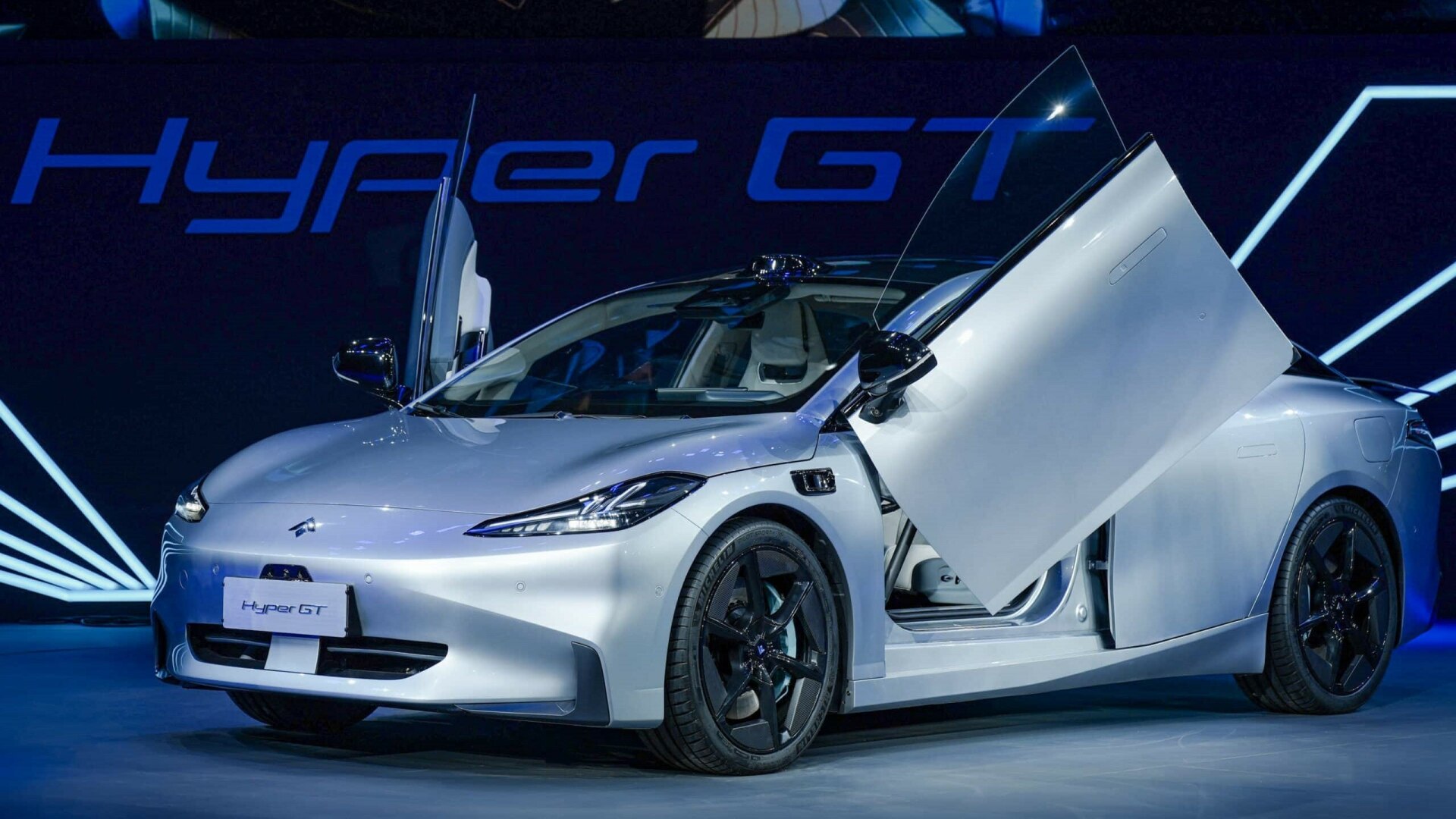GAC Aion, a prominent Chinese electric vehicle manufacturer, is set to revolutionize the EV market with the introduction of solid-state batteries (ASSBs) in its Hyper vehicles by 2026. These cutting-edge batteries are expected to offer exceptional range capabilities, surpassing the 1000km mark, while prioritizing safety and energy efficiency.
Unlike traditional EV batteries that rely on liquid electrolytes, solid-state batteries utilize solid materials to facilitate electron transfer, enhancing performance and reliability. GAC Aion’s ASSBs boast ultra-high energy density, exceeding 400Wh/kg, and volumetric energy density increased by more than 52% compared to current lithium-ion batteries.

In addition to impressive energy metrics, GAC Aion has conducted rigorous safety tests on its ASSBs, including the nail penetration test, ensuring robustness and resistance to thermal runaway. These batteries feature advanced silicon anode materials, resulting in a 135% improvement in cycle stability compared to conventional anodes while remaining cost-effective for mass production.
While GAC Aion aims to commence mass production in 2026, it’s positioned ahead of industry giants like Toyota and Nissan, who plan to roll out their ASSBs by 2027/28. However, skepticism remains in the industry, with CATL’s CEO expressing concerns about the viability of solid-state batteries due to technical challenges and safety risks associated with lithium diffusion and moisture exposure.

Despite these challenges, GAC Aion remains committed to advancing solid-state battery technology and aims to address potential concerns through ongoing research and development. While some companies explore alternatives like semi-solid state batteries, GAC Aion’s focus on ASSBs signals a significant step forward in the evolution of electric vehicle technology.
As GAC Aion prepares for its global expansion, including potential entry into the Australian market, the introduction of solid-state batteries could redefine the future of electric mobility, offering unprecedented range and reliability for eco-conscious consumers all over.

